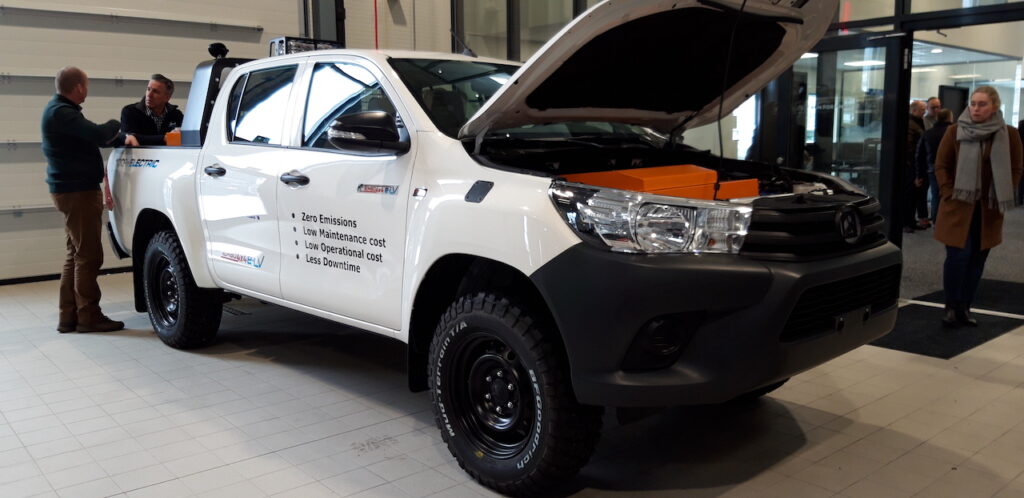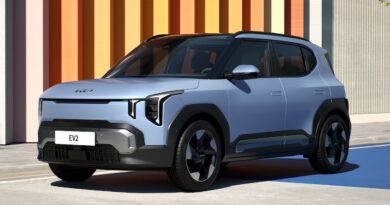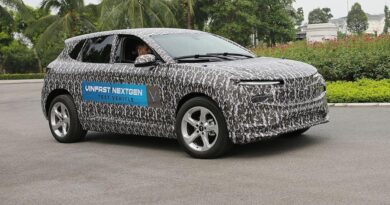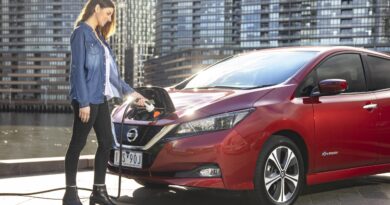Electric Toyota LandCruiser set for production
Toyota Australia has confirmed the production of a battery electric Toyota LandCruiser 70-Series and named its technical partner in the project.
Vivopower, a company formed in Australia but now based in the UK, has completed a deal with Toyota’s local division that will last up to seven years.
Conversions kits developed by Vivopower subsidiary Tembo e-LV will be employed in the 70-Series BEV, which will be sold to mining companies.
READ MORE: Toyota’s LandCruiser 70-Series to go electric
READ MORE: EV ute overload: The electric pickups coming soon
READ MORE: EV/hybrid LandCruisers and Hiluxes could be years away
READ MORE: Modular fuel cell could provide electricity to LandCruiser and Hilux
As previously reported, a prototype battery electric 70-Series has been on trial at a BHP nickel mine in Western Australia since early 2021. As it leaves the showroom, the 70 is powered by a turbo-diesel engine.

Toyota had officially attributed development work to its own product planning and development department in Port Melbourne, but had quietly acknowledged an unnamed third party was also involved. Now its identity has been revealed.
“Toyota Australia is looking to further expand its converted electrified LandCruiser 70 program, following the signing of a Letter of Intent with global sustainable energy solutions company VivoPower International,” a Toyota Australia statement confirmed.
“The Letter of Intent would see Toyota Australia work with VivoPower to enable the conversion of Toyota LandCruiser 70 vehicles to battery-electric vehicles (BEV) for mining customers.
“Toyota and VivoPower are continuing to negotiate the terms of a Master Service Agreement (MSA).
“Details are under negotiation and will be announced in due course.”

This deal has nothing to do with plans for an electrified version of the next-gen LandCruiser 300-Series. That vehicle has just broken cover with a turbo-diesel V6 engine, but is eventually expected to offer hybrid and full electric models, the latter likely to be a hydrogen fuel cell electric vehicle.
In a statement earlier this week, Vivopower said it was to become Toyota Australia’s exclusive partner for LandCruiser 70-Series electrification for a period of five years, with a further two-year option.
No mention of build numbers or sales plans were outlined in either statement. However, it is known that miners will only be eligible to buy the 70-Series BEV if their battery recharging facilities supply green power, rather than electricity generated by – for example – diesel generators.
This is not the first time Vivopower has done a deal to electrify Toyotas involved for mining duties. Only days ago it announced a deal with a Canadian industrial equipment distributor to electrify more than 1600 HiLuxes and LandCruisers by 2026 using Tembo e-LV conversion kits.
Vivopower says it has expertise in electric vehicles, solar systems, critical power supply and battery technology. It has divisions based in the USA, Europe and Australia.

It was initially founded in Australia in 2014 as a rooftop solar company but moved its headquarters to the UK in 2016 and floated on NASDAQ later the same year. It acquired Tembo e-LV and became involved in electric vehicles in October 2020.
“We are extremely pleased to be collaborating with Toyota Motor Company Australia, part of the world’s largest original equipment manufacturer on the electrification of their LandCruiser vehicles with our Tembo conversion kits,” said Kevin Chin, Executive Chairman and CEO of VivoPower.
“The LandCruiser is the vehicle of choice worldwide for mining and other ruggedized industries. This partnership with Toyota Australia is a testament to the outstanding potential of Tembo’s technology to decarbonize transportation in some of the world’s toughest and hardest to decarbonize industries. “More importantly, it is a tremendous opportunity for us to work directly with Toyota Australia to optimize the Tembo product and deliver it to more customers around the world, helping them to achieve their net zero carbon objectives in the process.”




